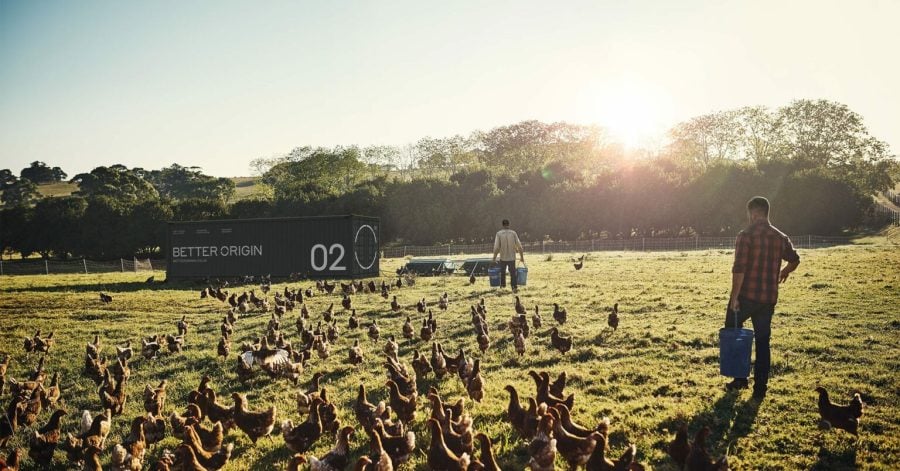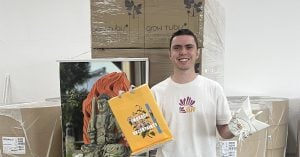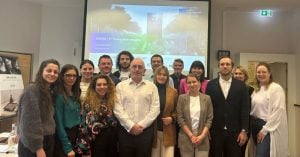UK-based insect tech startup Better Origin raised $16M in a latest funding round led by British VC Balderton and previous investors, Greek VC Metavallon and Germany-based Fly Ventures. The startup, co-founded in 2015 by the Greek mechanical engineer Fotis Fotiadis and biology scientist Miha Pipan, will use the latest funds to further develop its technology and its solution in the form of ML and AI-powered insect farming.
As the world’s first insect mini-farm that converts local food waste into high-quality animal feed in the form of insect larvae, Better Origin’s product mimics nature’s processes and is a step closer to a more circular economy and a better future for the planet.
“It was of vital importance when raising our Series A, as it was when we raised our Seed, to find partners that truly believe in our mission and ambition. We’re thrilled that Balderton, alongside Fly Ventures and Metavallon VC, are with us as we take this next stage for our company, for our partners and for our planet,” CEO Fotis Fotiadis said.
Better Origin’s insect mini-farms are boxes with trays of black larvae that feed on biomass from waste food until they grow and become rich in proteins, and are then suitable to be turned into animal feed.
Additionally, the machine learning (ML) and automation technology used in the X1 mini-farms is stored in shipping containers so that it is easy to deploy by any farm that has access to electricity.
Reducing waste and increasing food production
The AI then helps farmers monitor the feeding process and to detect and inspect the health of the insects in order to adjust the X1 mini-farms accordingly.
“The food chain is fundamentally broken and it’s putting the future of our food security at risk. We’ve built a solution that aims to finally fix these flaws from the inside out. Insect larvae are nature’s mechanism to convert waste back into essential nutrients in the food chain. They act as the missing link between waste and food. We reduce waste and increase food production by bringing back this link,” CSO and founder Miha Pipa said, adding that the company’s solution is “the future of food production”.
In February last year, the startup raised $3M in a round led by Fly Ventures and the solar entrepreneur Nick Boyle, together with Greek VC Metavallon VC which had already invested €700K in the previous investment round in 2019.








